I want to get the first day and the last day of the week. But my results do not match the documentation from apple: https://developer.apple.com/documentation/foundation/nsdatecomponents/1410442-weekday
This is my function:
func startAndEndDateOfWeek(weekOfYearWithYear: (week: Int,year: Int)) -> (start: Date, end: Date) {
var output = (start: Date.init(), end: Date.init())
let calendar = Calendar(identifier: .gregorian)
var firstDayComponents = DateComponents()
firstDayComponents.weekOfYear = weekOfYearWithYear.week
firstDayComponents.yearForWeekOfYear = weekOfYearWithYear.year
firstDayComponents.weekday = 1
let firstDay = calendar.date(from: firstDayComponents)
var lastDayComponents = DateComponents()
lastDayComponents.weekOfYear = weekOfYearWithYear.week
lastDayComponents.yearForWeekOfYear = weekOfYearWithYear.year
lastDayComponents.weekday = 2
let lastDay = calendar.date(from: lastDayComponents)
output = (start: firstDay!, end: lastDay!)
return output
}
.weekday = 2 -> leads to the sunday and not 0.
I also want to have the entire day and not 16:00.
